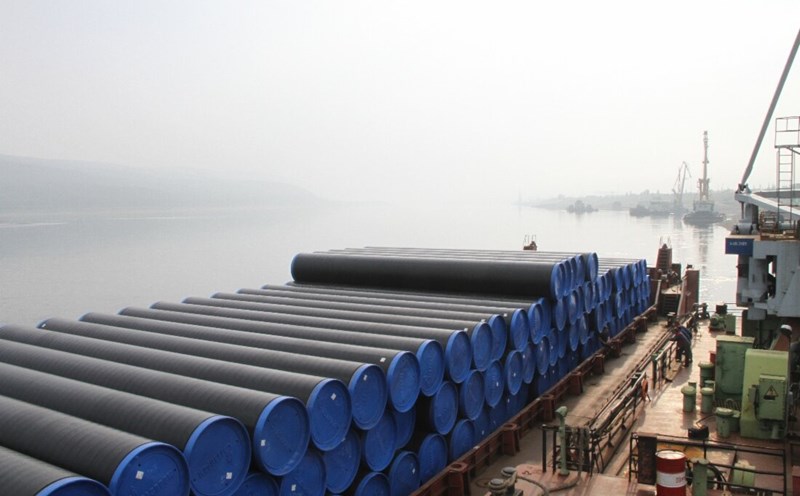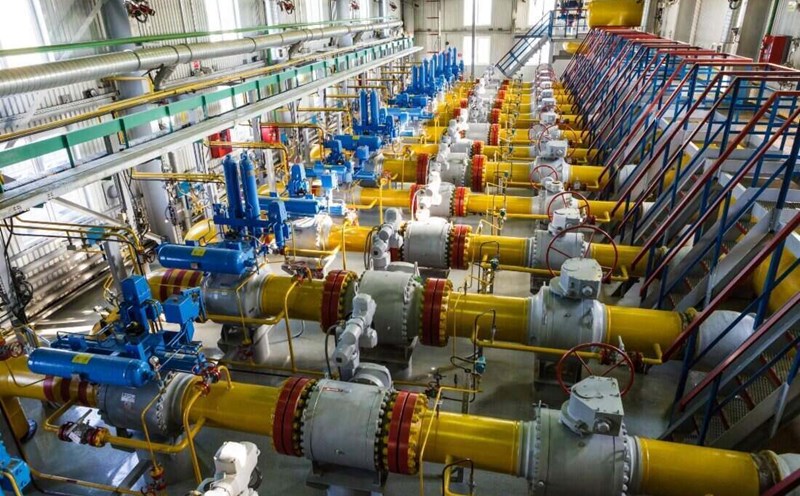Russian President Vladimir Putin extended the deadline for allowing foreign customers to buy Russian gas to be paid in rubles not only through Gazprombank, the bank authorized to conduct these transactions, but also through other Russian banks.
The previous decision was announced on March 28, 2025 and was expected to expire on July 1, 2025. With the extension, payments via Russian banks other than Gazprombank will be extended until October 1. The decree related to this issue takes effect from June 25.
Procedures for paying for Russian gas to foreign customers have been adjusted after the US imposed sanctions on Gazprombank at the end of November 2024. Gazprombank is the main channel for making payments for Russian gas and oil from abroad.
Previously, foreign customers who bought Russian gas could convert foreign currency at other Russian banks, but still had to switch to rubles to the account of the Russian gas supplier at Gazprombank.
In December 2024, foreign companies are allowed to pay for Russian gas not directly through accounts at Gazprombank, but can transfer money to accounts in rubles of Russian suppliers via third parties or convert foreign currency at other Russian banks.
Also related to Russian gas, TASS reported that the Russian Federal Statistical Office (Rosstat) said that the total output of Russian gas (including natural gas and accompanying gas) in the period from January to May 2025 decreased by 3.5% compared to the same period last year, down to 289 billion m3.
Accordingly, natural gas output in the reporting period reached 246 billion m3, down 3.1% over the same period last year. In May alone, the output reached 44 billion m3, down 7.1% compared to April 2025 but up 0.3% compared to March 2024.
Liquefied natural gas (LNG) output in the January-May period reached 14.2 million tons, down 4.8% over the same period last year. In May, Russia's LNG output reached 2.8 million tons, down 5.5% compared to May 2024 but up 4.6% compared to April 2025.
Russia's accompanying gas output in the period decreased by 5.4%, down to 43 billion m3.











